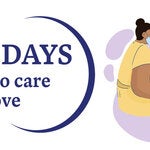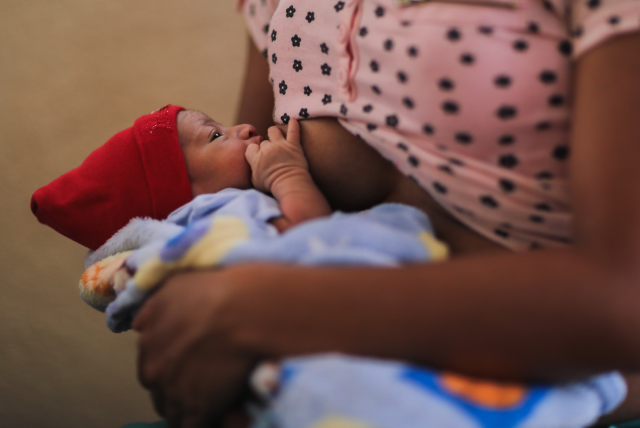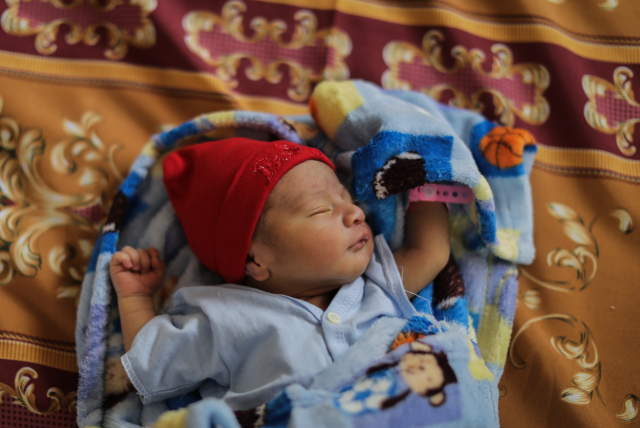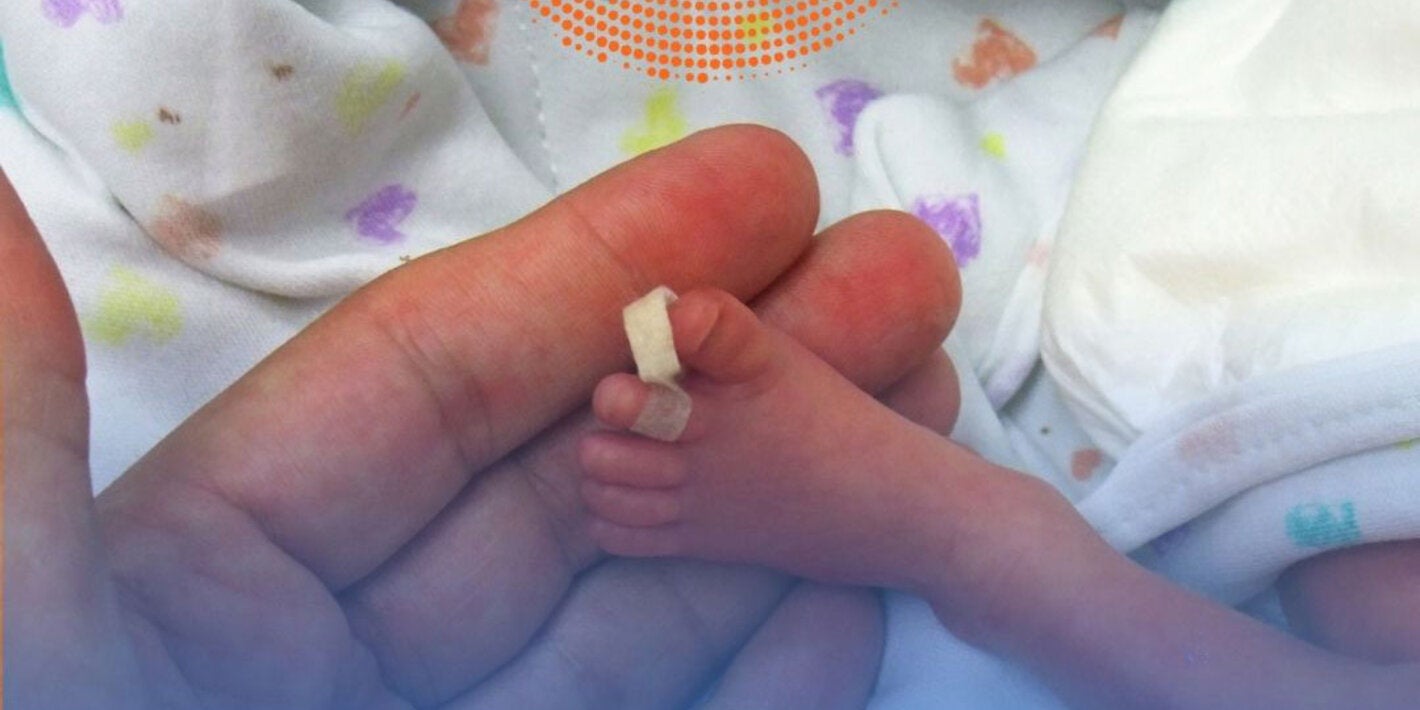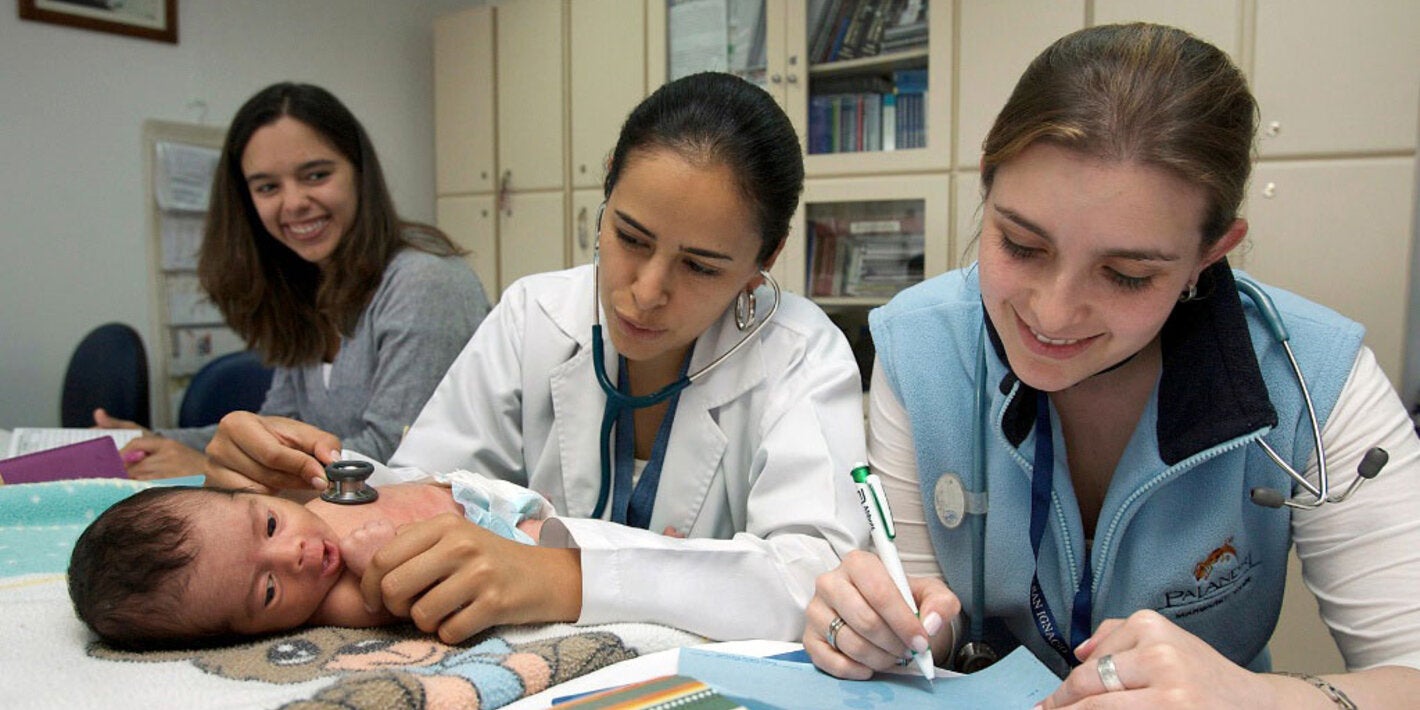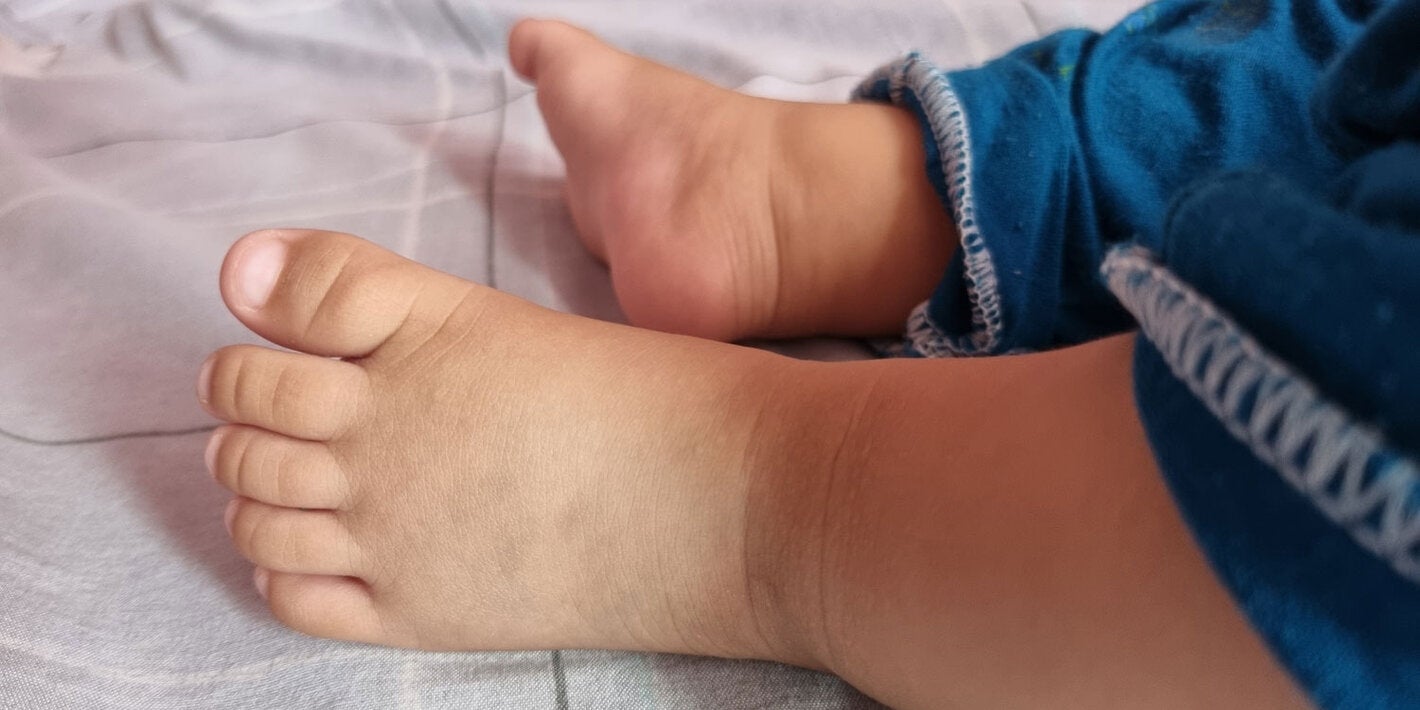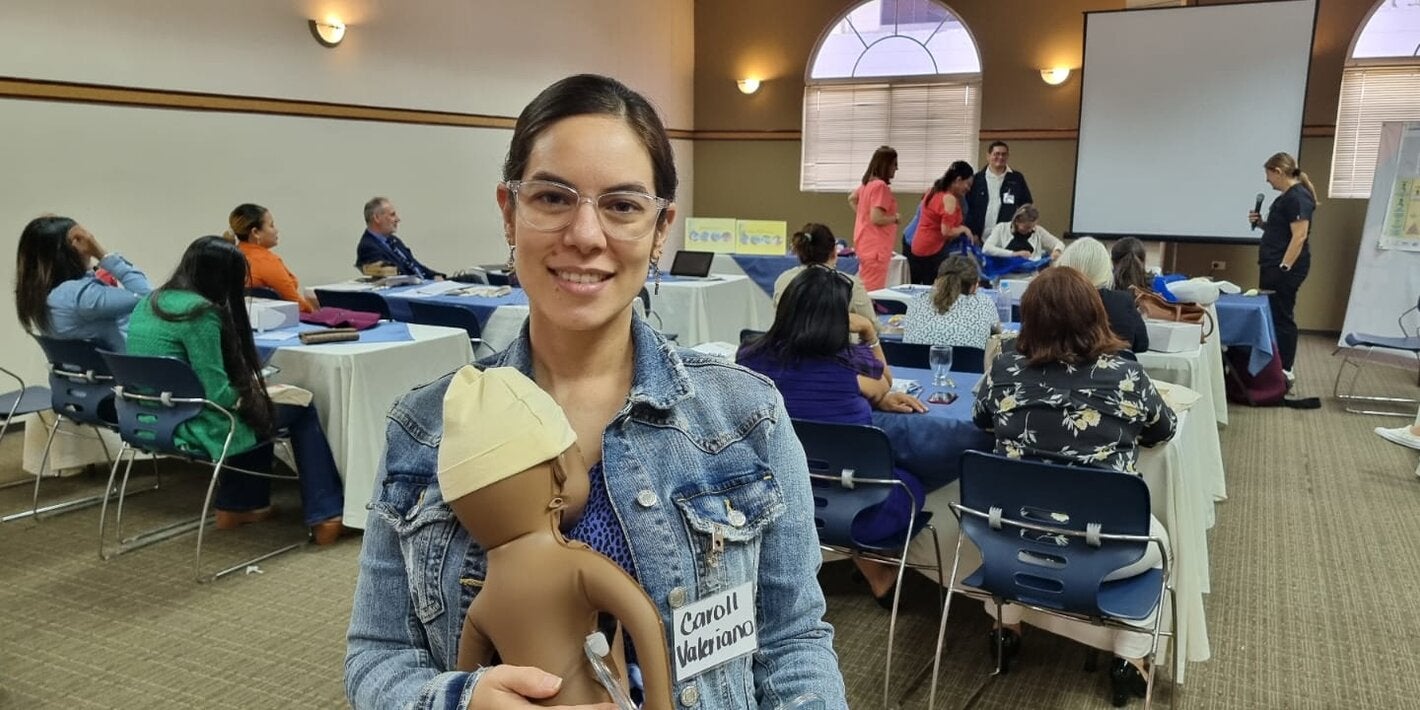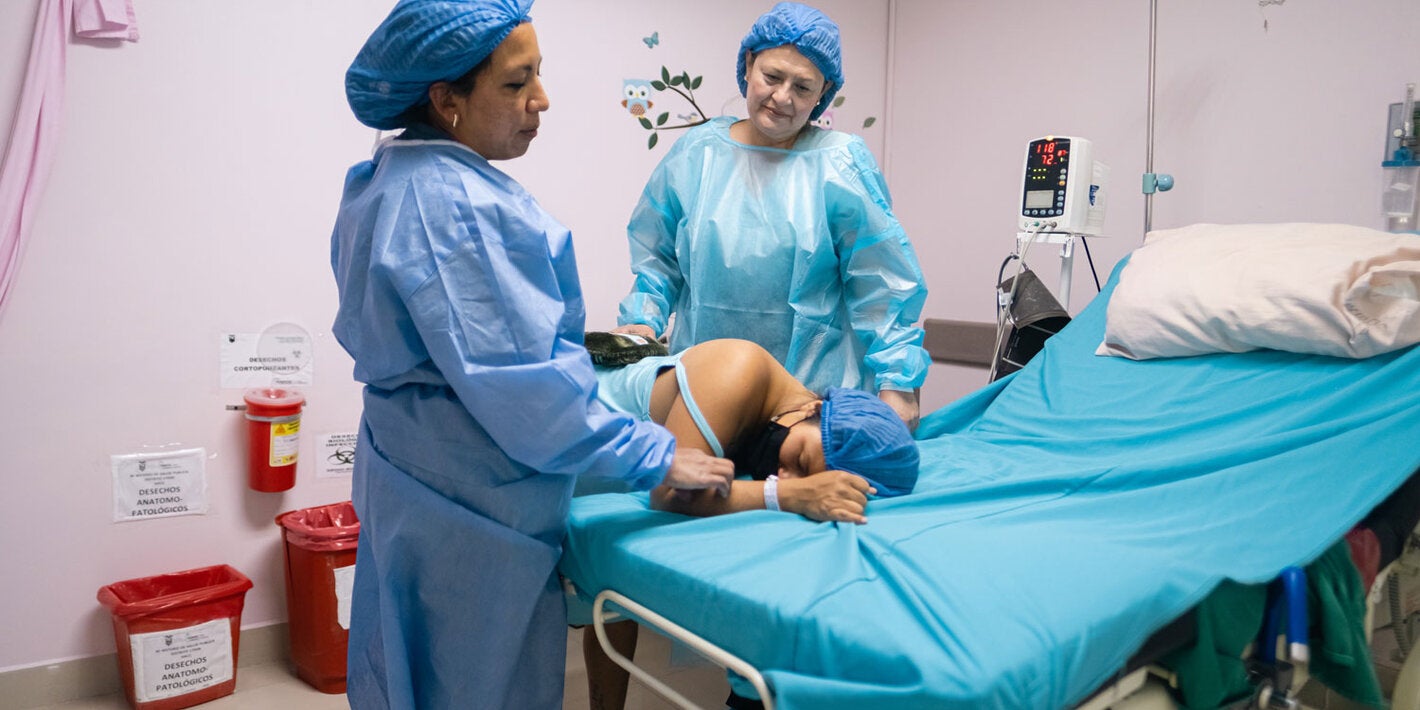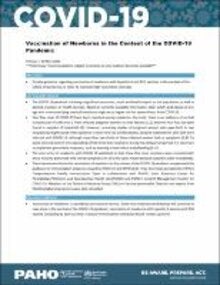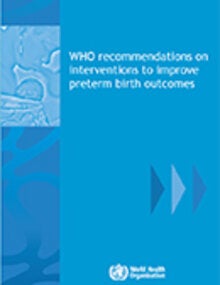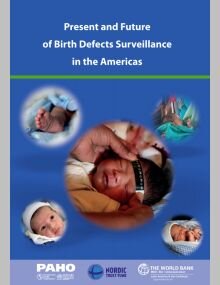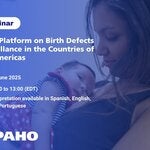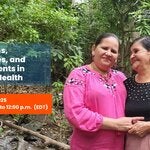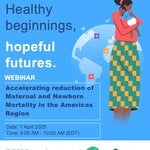Like many public health problems, neonatal mortality is the most obvious consequence of other underlying causes, many of them structural, that reflect poverty and inequity in society. To a greater or lesser degree, the countries of the region have been adopting a series of health sector interventions aimed at improving the health of newborns and reducing neonatal mortality. For example: wider health coverage, skilled care in childbirth, breast feeding, and vaccination, among others.
During the last decade, newborn health has become increasingly relevant on the public health agenda. This, added to the growing evidence around the implications of early conditions throughout the life course and the availability of specific interventions aimed at reducing the main causes of death in newborns and promoting adequate care, support the need for special attention on the newborn and the perinatal periods.
There are still important challenges to address in the neonatal period, but most importantly:
- Preventable neonatal mortality
- Health conditions that affect individuals throughout their life course and social capital
- Inequalities
Strategies and plans of action being implemented on these topics include lines of action and interventions aimed at addressing them.
Preterm birth trends in the Region of the Americas
Available estimates show that in the Americas, one in ten births is premature. In 2020, the estimate showed values close to 9%, virtually unchanged from 2010.
Despite efforts to improve care for women, both before and during pregnancy, and for newborns, the burden of prematurity remains stable, underscoring the need to strengthen prevention and comprehensive care policies. This information highlights that, while progress has been made in some contexts, prematurity remains an urgent priority.
The interactive maps "Preterm Birth Trends in the Region of the Americas" provides access to up-to-date information on preterm birth trends across the Region of the Americas.
The Regional Plan of Action for Women´s, Children´s and Adolescents´ Health proposes four lines of action, specifying essential actions to be taken at country and regional levels to strengthen a transformative policy environment to reduce health inequities; promote universal, effective and equitable health and well-being in families, schools, and communities throughout the life course; expand equitable access to comprehensive, integrated and quality health services that respond to the differentiated needs of the various groups of women, children and adolescents; and strengthen the generation and use of strategic information. The Plan of Action was approved in 2018.
The final recommendations of this framework were aimed at following up on the strategic lines of the Sustainable Development Goals (SDGs), the Global Strategy for Women's, Children's and Adolescents' Health and the Every Newborn Action Plan.
The All Newborns Action Plan (ENAP) was developed in response to country demand. The initiative establishes a clear perspective on how to improve the health of newborns and prevent fetal deaths by 2035. By supporting government leadership and offering guidance to strengthen newborn health components in the plans and strategies of the In the health sector, especially those related to reproductive, maternal and child health, this plan promotes the United Nations Secretary-General's Global Strategy for Women's and Children's Health and the All Women, All Children movement.
The ENAP encourages all stakeholders to take specific measures to improve the quality and access to care for women and newborns as part of the ongoing care process: 1) Strengthen, through investments, care during the crucial moments of labor, birth, the first day of life and the first week of life; 2) Improve the quality of maternal and newborn care; 3) Reach out to all women and all newborns to reduce inequalities; 4) Harness the influence of fathers, mothers, families, and communities for change; 5) Count all newborns: improve measurement and accountability, including birth and death records.
PAHO develops and promotes technical cooperation activities in the perinatal area, both within and between countries, to generate useful evidence in decision-making and to design dissemination strategies for such evidence.
Additionally, PAHO works on the development and dissemination of evidence-based guides, training strategies for trainers, specific instruments for evaluating newborns, and approaches to data analysis in decision-making.


